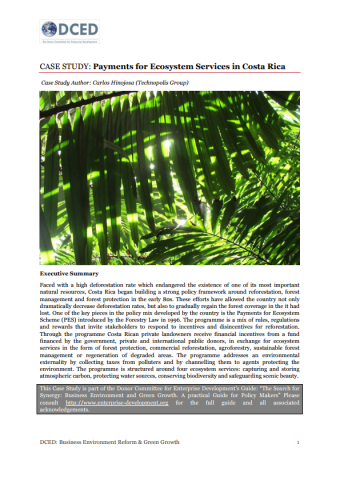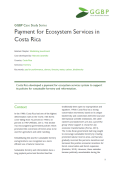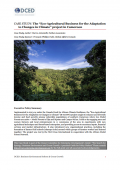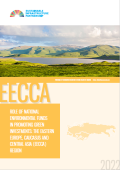
Faced with a high deforestation rate which endangered the existence of one of its most important natural resources, Costa Rica began building a strong policy framework around reforestation, forest management and forest protection in the early 80s. These efforts have allowed the country not only dramatically decrease deforestation rates, but also to gradually regain the forest coverage in the it had lost.
One of the key pieces in the policy mix developed by the country is the Payments for Ecosystem Scheme (PES) introduced by the Forestry Law in 1996. The programme is a mix of rules, regulations and rewards that invite stakeholders to respond to incentives and disincentives for reforestation. Through the programme Costa Rican private landowners receive financial incentives from a fund financed by the government, private and international public donors, in exchange for ecosystem services in the form of forest protection, commercial reforestation, agroforestry, sustainable forest management or regeneration of degraded areas. The programme addresses an environmental externality by collecting taxes from polluters and by channelling them to agents protecting the environment. The programme is structured around four ecosystem services: capturing and storing atmospheric carbon, protecting water sources, conserving biodiversity and safeguarding scenic beauty.




